General election 2019: Ten lesser-known MPs to keep an eye on
- Published
Parliament tends to be dominated by its grandest figures, the party leaders, and their cabinet or shadow cabinet teams.
But others can cut a dash in the Commons by weight of expertise, through passion for an issue, by sheer street-smarts, or simply by being in the right place at the right time.
So here are a few MPs who - while not aspiring to the top table - could exert serious leverage in the newly elected House of Commons.
1. Eleanor Laing - Conservative
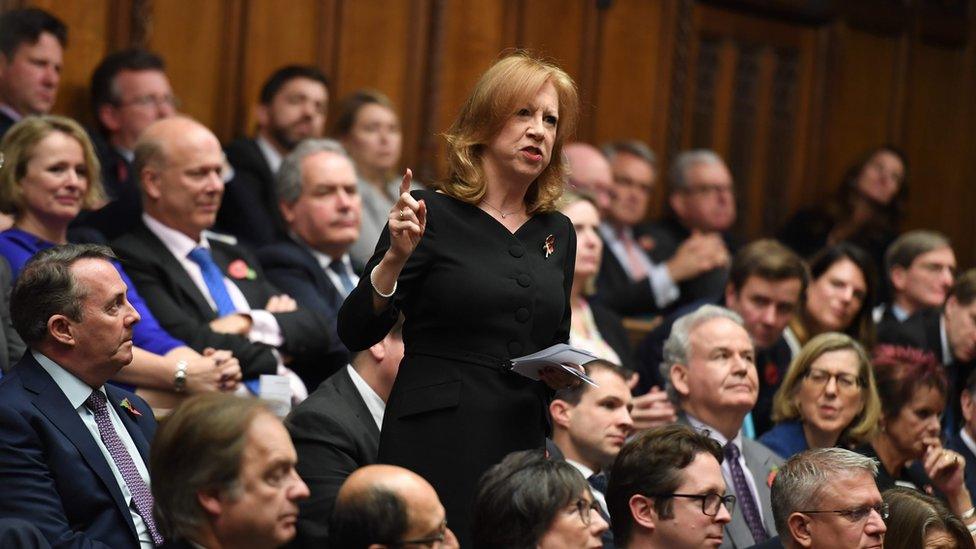
After a strong performance in the race to succeed John Bercow as Speaker - and in a House of Commons with many more Conservatives - she must surely be the front runner to become Chairman of Ways and Means, the senior deputy speaker.
She would then have the key responsibilities of chairing budget debates and selecting amendments for consideration by committees of the whole house - a key task when the government begins to push through its Withdrawal Agreement Bill.
2. Tom Tugendhat - Conservative
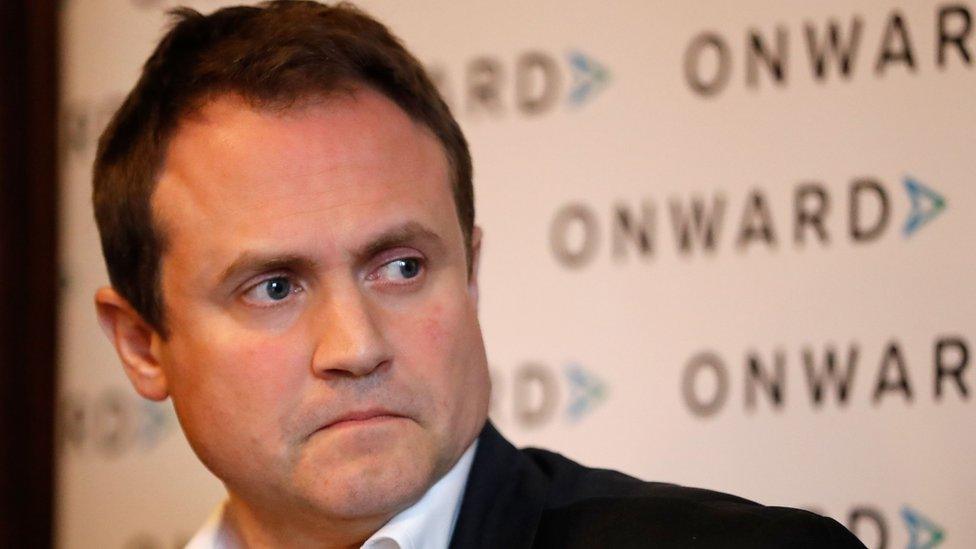
He pulled off a considerable coup in 2017, when, as a junior backbencher, he wrested the chairmanship of the Foreign Affairs Committee from ex-minister Crispin Blunt.
An ex-army officer - he served in Iraq and Afghanistan - Tugendhat writes notes to himself on an office whiteboard in Arabic to preserve privacy. He's a reasonable bet for a ministerial job, perhaps in the Foreign Office.
Hawkish on Russia - he said the Salisbury poisoning was "if not an act of war… certainly a warlike act by the Russian Federation" - expect him to be an influential voice on foreign policy if he remains on the backbenches.
3. Rachel Reeves - Labour
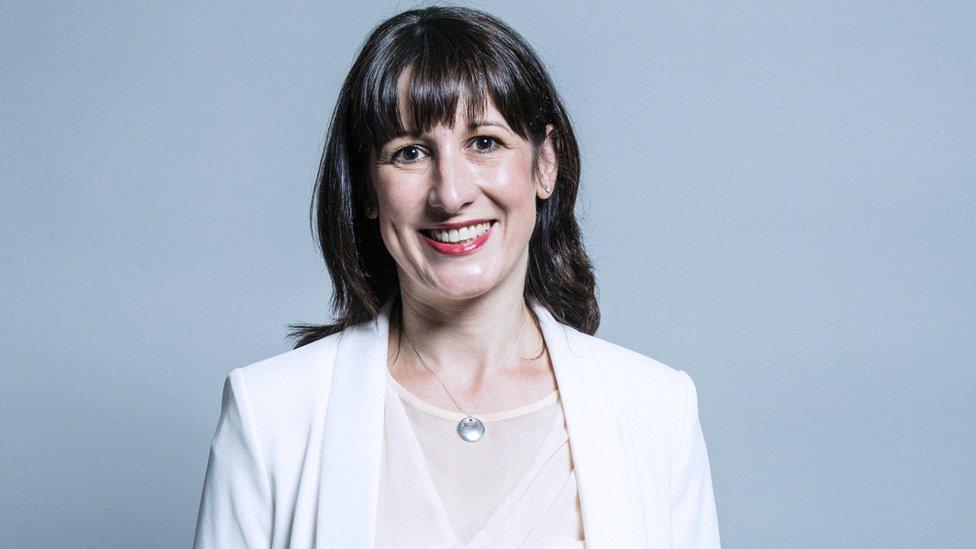
Chairwoman of the Business, Energy and Industrial Strategy Committee - where she performed impressively - she is being tipped as the person around whom the remains of the Blairite-Brownite group of Labour MPs might coalesce.
That may not translate into an attempt on the leadership, but she may now become an important factional leader.
4. Johnny Mercer - Conservative
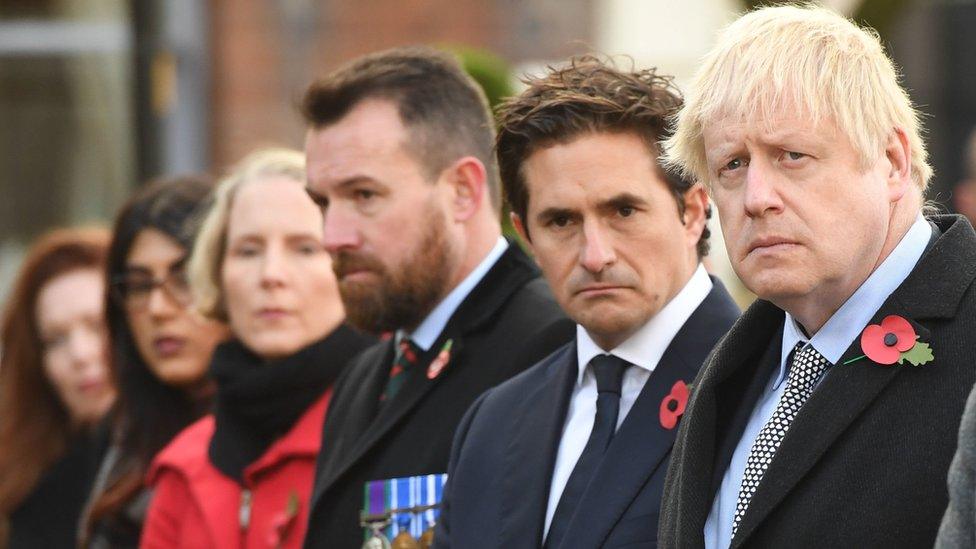
Few MPs come into Parliament with a clearly defined policy mission, but the ex-army officer who won Plymouth Moor View against the expectations of his own party, announced himself with a blistering maiden speech on the need for better care for military veterans.
He was an early backer of Boris Johnson's leadership campaign and was frequently seen shepherding the would-be leader around Westminster. His support was rewarded with the job he always wanted - defence minister responsible for veterans. Mercer will expect the political support and funding to reform the system.
5. Mel Stride - Conservative
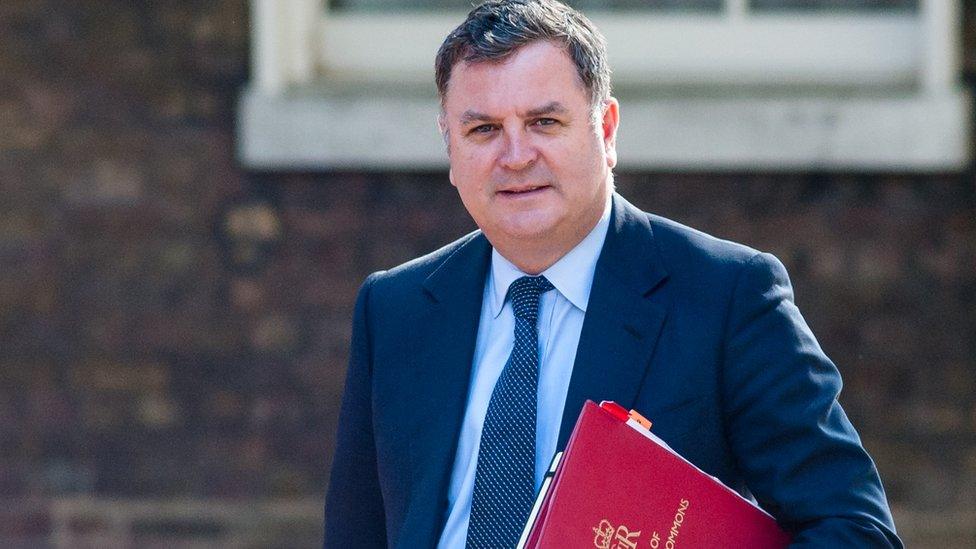
Briefly Leader of the House in the dog days of Theresa May's premiership, the former Treasury minister found himself surplus to requirements when Boris Johnson took over. But with gazelle-like agility, he leapt into the vacancy created when Nicky Morgan left as chairwoman of the Treasury Committee.
He didn't have much time to make an impact in this key committee corridor job before the election was called, but if he is re-elected as Parliament's scrutiniser-in-chief of economic policy (and others may cast covetous eyes on the post) he will get to pronounce on levels of spending and public debt at a ticklish moment for the UK economy.
6. Dan Jarvis - Labour
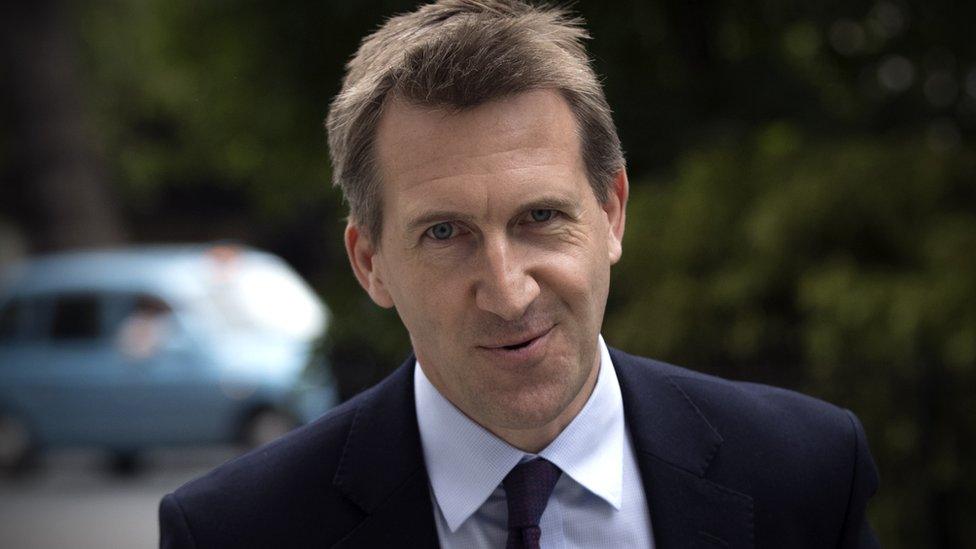
Double-hatted as Metro Mayor of South Yorkshire and MP for Barnsley Central. In a Parliament where one of the big themes looks certain to be devolution - and demands for greater powers for Scotland, Wales and Northern Ireland - the mayor of a fair chunk of left-behind territory could find himself "speaking for England".
Once talked up as a possible Labour leadership contender, he defied pressure to give up his Commons seat and maintains a perch in Westminster. He is a Parachute Regiment veteran with service in Kosovo, Iraq and Afghanistan.
7. Bim Afolami - Conservative
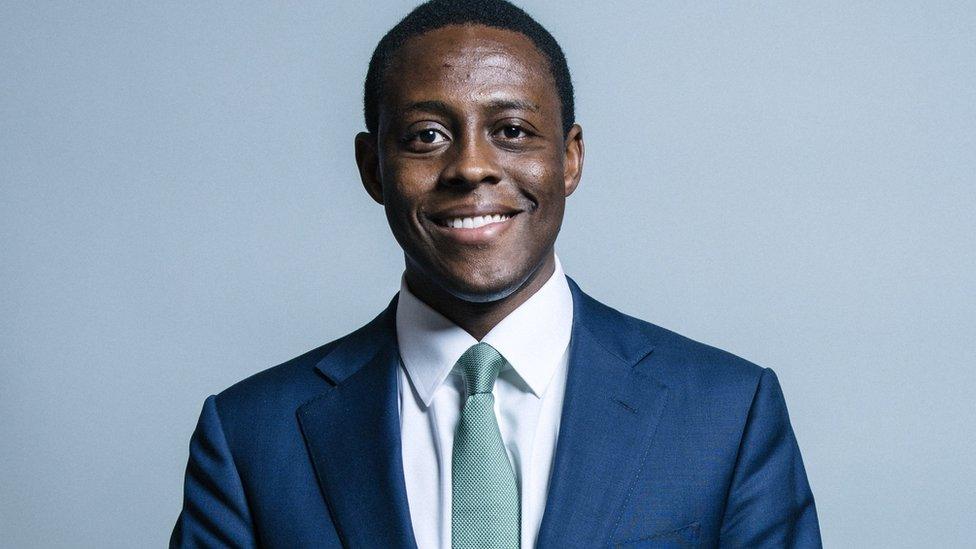
Seen as a bit of a star of the 2017 intake, Afolami is on the Commons end of the Constitution Reform Group, a cross-party pressure group which wants to rebalance a constitution destabilised by an uneven devolution settlement.
This is the group behind the Act of Union Bill, a private member's bill proposed by the former clerk of the Commons, Lord Lisvane. It may all sound high-powered and rather nerdy, but the tug of war between the nations and regions of the UK is set to be a big theme of the new Parliament, and Afolami looks set to be a player.
8. Ben Lake - Plaid Cymru
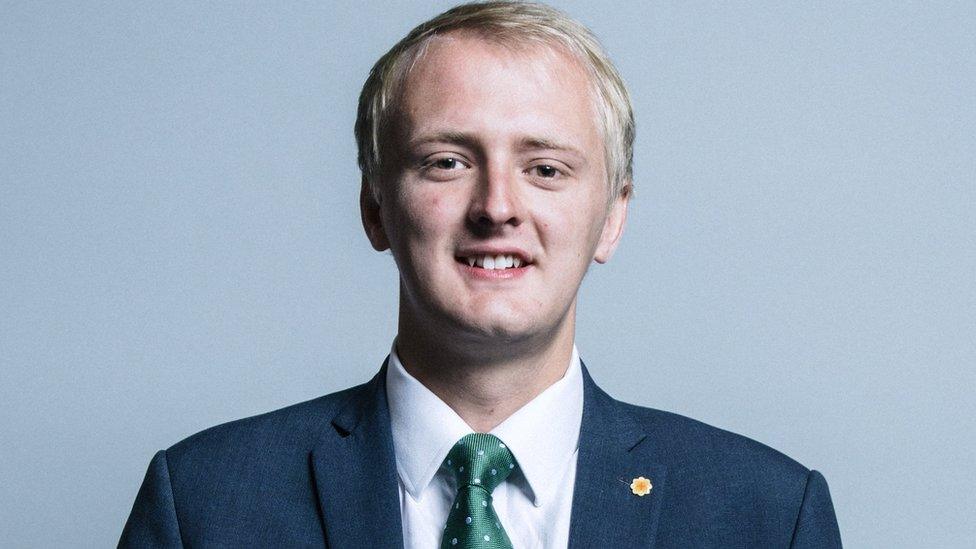
Smart, personable, and articulate in two languages he seized and held a seat which has see-sawed between Plaid and the Lib Dems since the 1990s. In his maiden speech, he complained of the steady, silent haemorrhage of young people leaving their communities to seek opportunities elsewhere. A future leader?
9. Alyn Smith - SNP
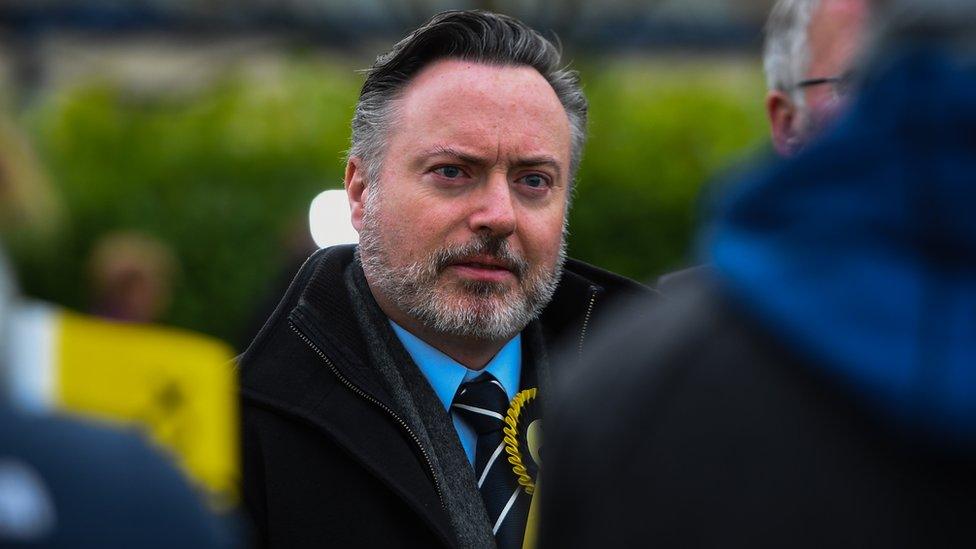
Newly elected, he is nonetheless an experienced figure, having served in the European Parliament since 2004. He looks ready-made to become the SNP's new Brexit spokesman in Westminster.
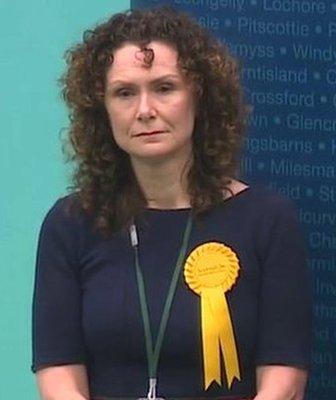
The Lib Dems' Wendy Chamberlain has taken the North East Fife seat from the SNP's Stephen Gethins
10. Wendy Chamberlain - Lib Dem
She contested the most marginal seat in the country (the SNP won with a majority of just two votes in 2017) in North East Fife.
An ex-police officer who is already attracting rave reviews. Part of an infusion of new blood into a rather bruised and diminished Lib Dem parliamentary contingent.
And five farewells
Those leaving Parliament include Dr Sarah Wollaston, a GP who was originally elected as a Conservative in 2010 but ended up in the Lib Dems, by way of the short-lived Independent Group of MPs. Labour's Frank Field, a maverick Labour MP, almost permanently at odds with his constituency party, and the SNP's Stephen Gethins, who might have been a candidate to lead their Westminster group had he enjoyed a more comfortable majority, also both lost their seats.
Labour's Mary Creagh led a series of high-profile inquiries into the environmental issues around the fashion industry and toxic chemicals in everyday life. And Dennis Skinner - the Labour stalwart would have been the father of the House, the longest serving MP, had he survived the election - also departs. He was first elected in 1970, and fell just short of half a century in the Commons.